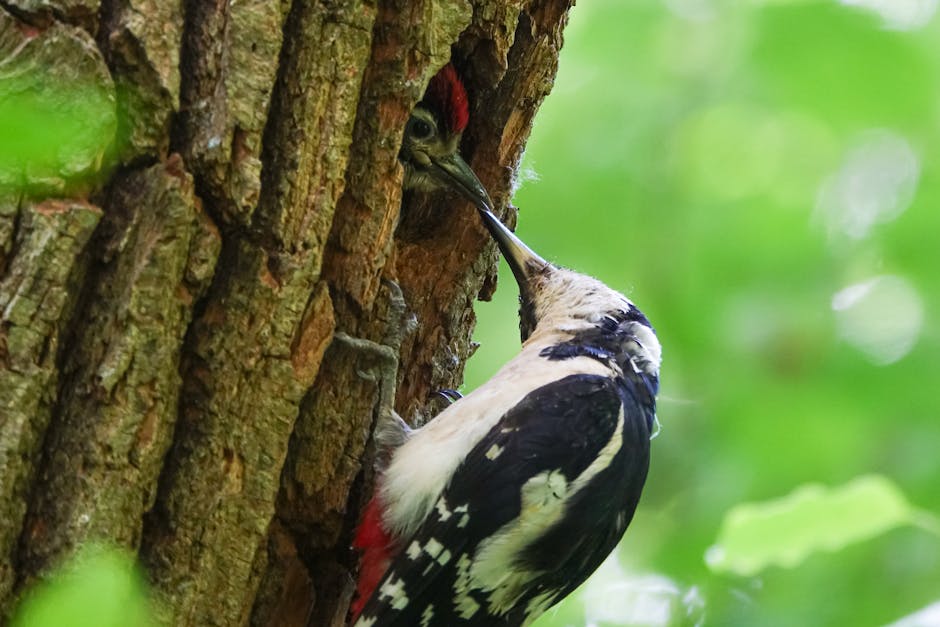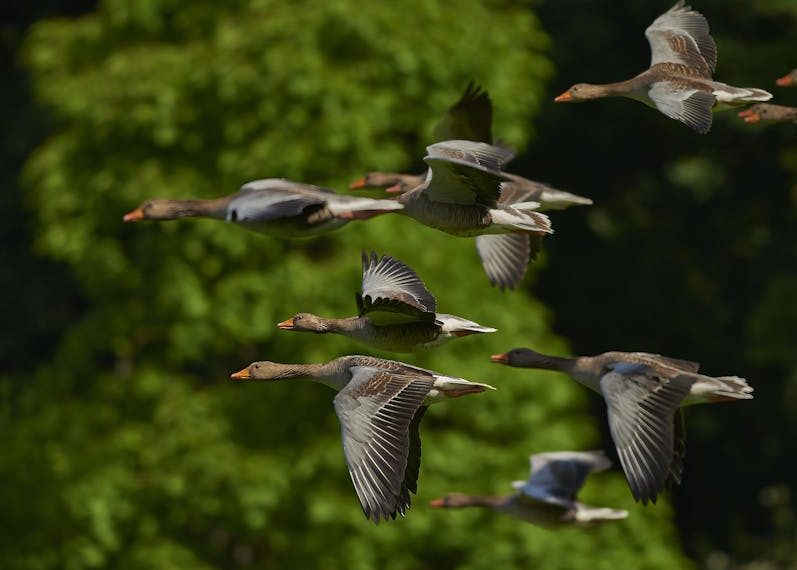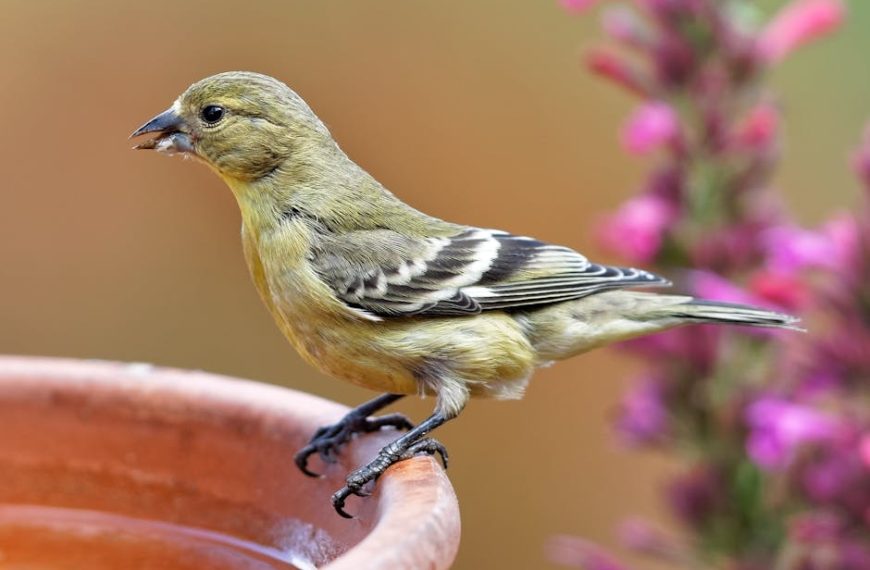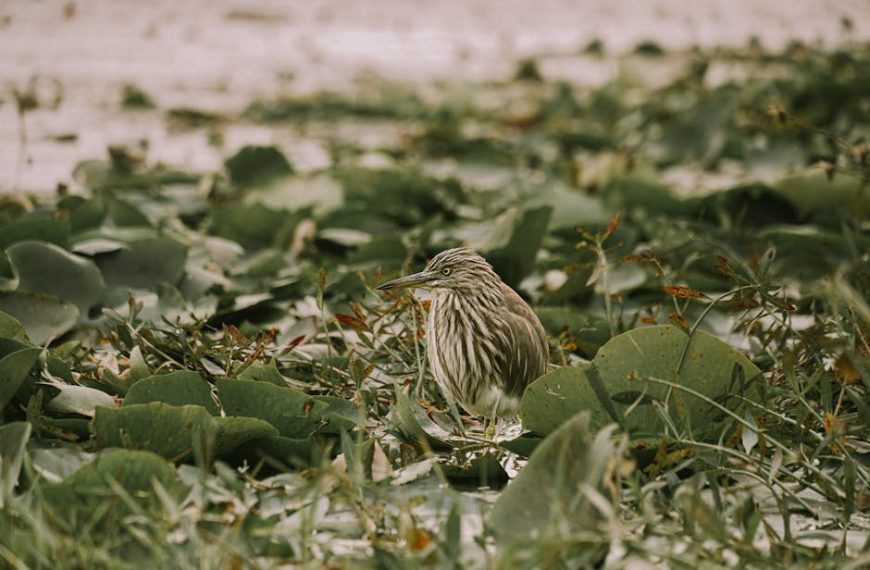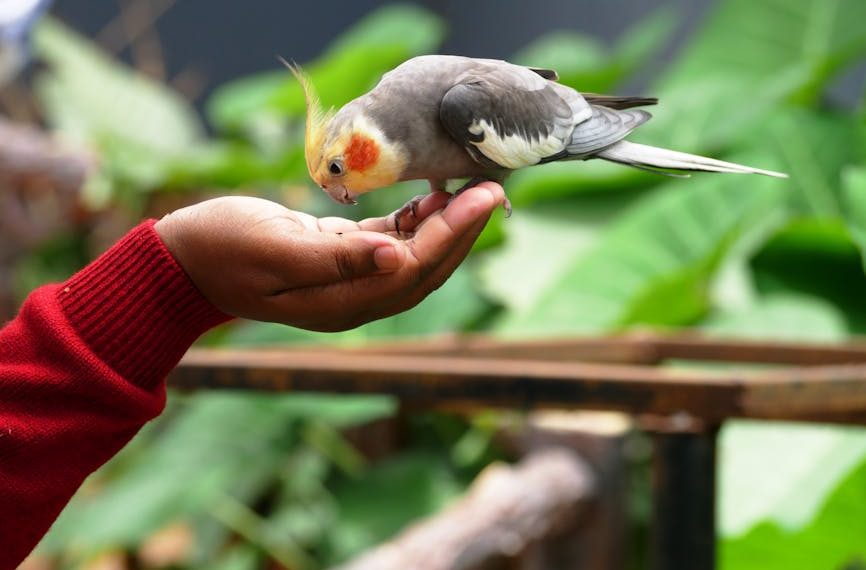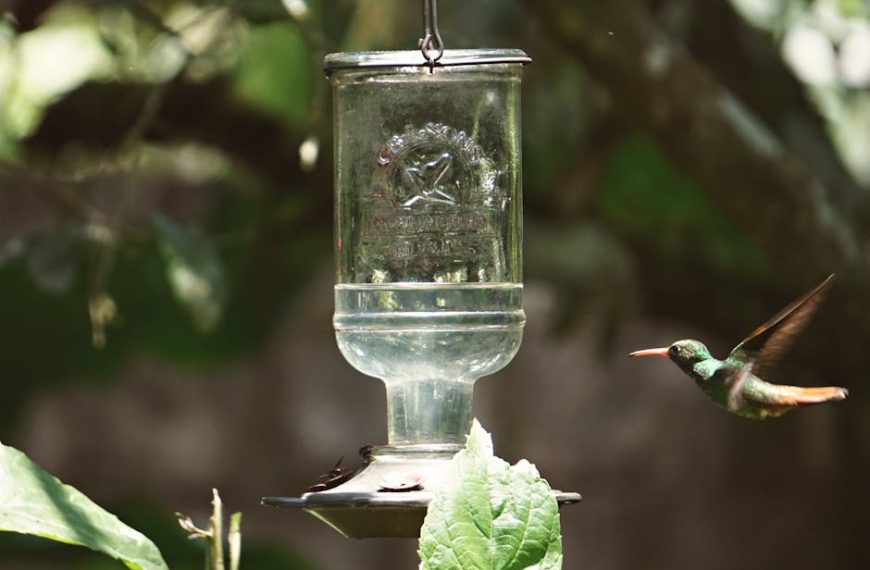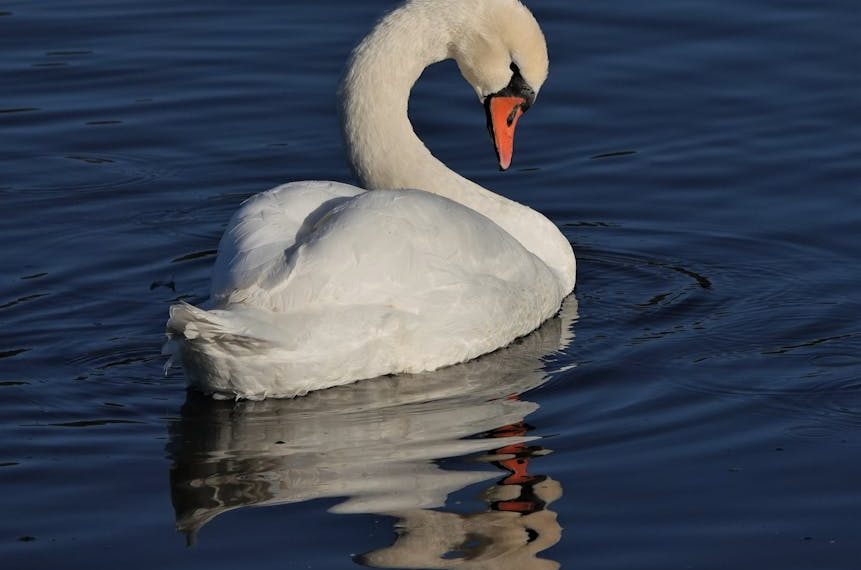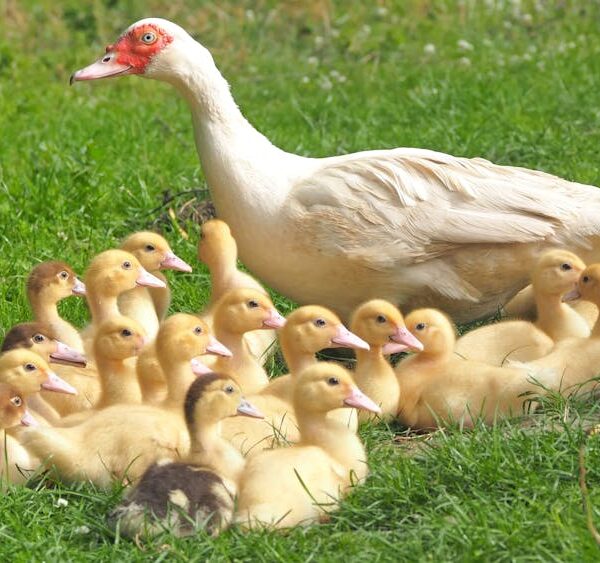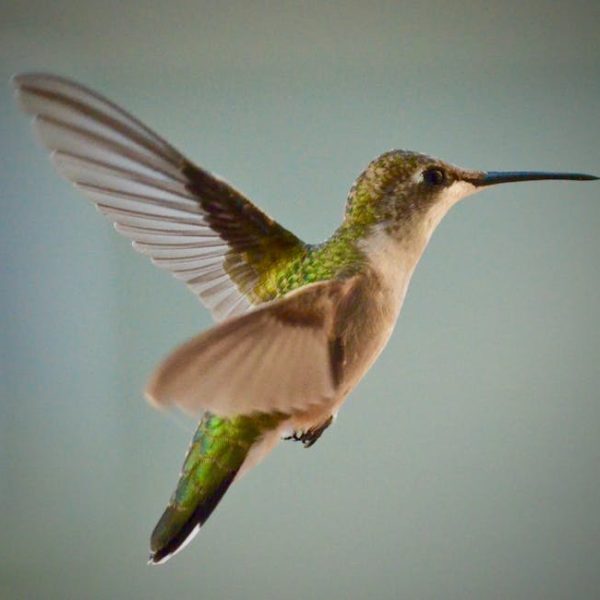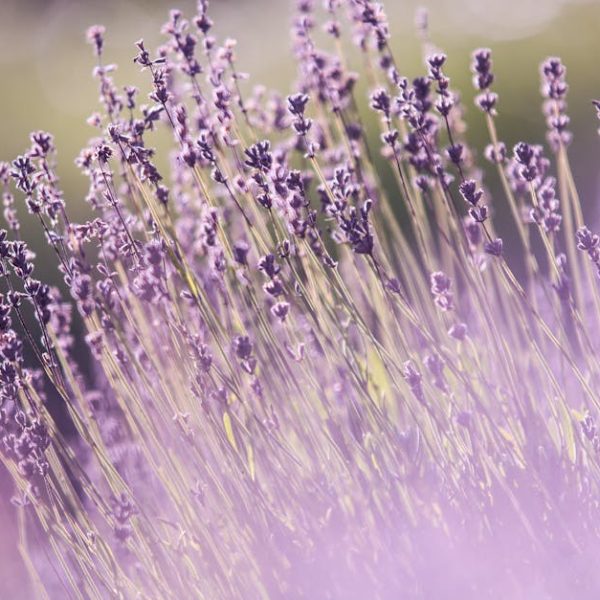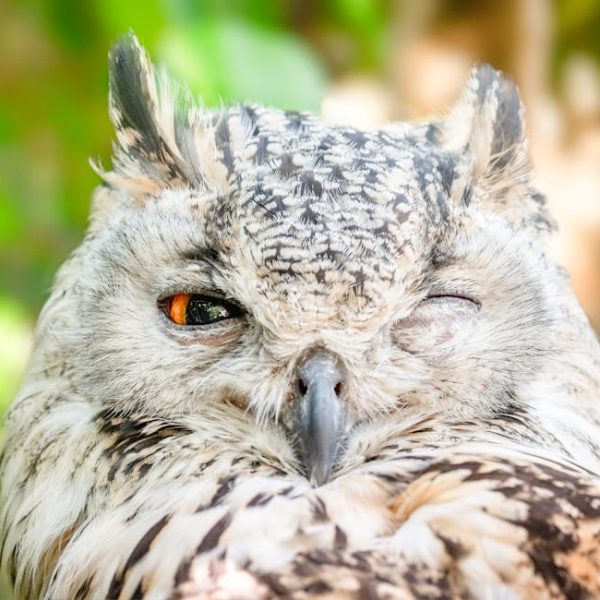Feeding baby birds is a delicate task requiring a keen grasp of their nutritional needs and species-specific behaviors. This article provides a comprehensive guide to better understand baby bird feeding patterns, their dietary requirements, and the proper etiquette for ensuring their survival and growth.
Understanding the Feeding Patterns of Baby Birds
Baby birds, depending on their age and species, can require feeding every 10 to 20 minutes during their waking hours. This frequency decreases as they mature, with some species needing to be fed less often, while others may require more feeding sessions.
To ensure their optimal growth and development, understand that their nutritional needs will vary. Smaller bird species often require higher protein levels, while larger birds might need more carbohydrates and fats in their diet.
That’s why it’s crucial to regularly update your knowledge on the specific bird species and its changing dietary requirements as it grows:
- Keep track of the bird’s age, marking specific growth milestones.
- Regularly monitor their feeding habits and note any changes.
Pro tip: Keep an eye out for sudden changes in feeding patterns, which might be indicative of potential health issues.
Differentiating Between Various Bird Species and Their Dietary Requirements
When feeding baby birds, one size does not fit all. The dietary requirements of a fledgling sparrow will differ vastly from that of a young parrot. Backyard bird species like robins and sparrows primarily thrive on an insectivorous diet. On the other hand, bigger or exotic bird species like parrots might require a more diversified diet including fruits, seeds, and vegetables.
Here’s a comparison between the feeding frequencies of various bird species:
| Species | Feeding Frequency |
|---|---|
| Robin | Every 10-15 minutes |
| Sparrow | Every 15-20 minutes |
| Parrot | Every hour |
| Eagle | Every 2-3 hours |
It’s important to understand the unique dietary needs of the species you are dealing with and adjust your feeding schedule accordingly. Stay updated with a comprehensive list of common birds and their feeding frequencies for the best results.
Nutritional Needs of Baby Birds: What to Feed Them
Providing a balanced and nutritious diet is imperative for a baby bird’s good health. An improperly balanced diet can lead to growth and development issues, as well as vitamin deficiencies and potential long-term health problems. Suitable foods for baby birds often include insects (if they’re insectivores), berries, and pet bird feed designed specifically for baby birds.
However, certain foods should be avoided and new foods should be introduced gradually:
- Avoid offering bread or milk to birds as these are not beneficial to their overall health.
- While introducing new foods to the bird, start with smaller quantities to avoid any allergic reactions or indigestive problems.
Pro tip: Diversify your bird’s diet. Sticking to a single food source can deprive birds of the right balance of essential nutrients, thus greatly affecting their overall health and well-being.
Caring for Orphaned or Injured Baby Birds
Caring for baby birds that have been orphaned or injured is a task that demands extraordinary compassion, commitment, and knowledge. These birds often need help consuming food and may require feeding every 15 to 30 minutes from dawn till dusk, depending on their species.
Here are some suggestions if you are caring for a baby bird:
- Use a syringe or a small spoon to feed them, ensuring you don’t hurt them in the process.
- Do some research or consult a professional to learn the appropriate feeding techniques and schedules for the bird species you are dealing with.
Pro tip: If you are unsure about anything, always consult with a professional or a vet. They can guide you through the procedures for comprehensive care and appropriate feeding patterns.
When and How to Seek Professional Help
It’s crucial to keep an eye on any signs of distress or illness in baby birds. Changes in their behavior, droppings’ consistency, or loss of appetite might indicate an underlying health issue that requires professional intervention.
If you notice the following signs, it’s best to seek professional help:
- Sudden change in appetite
- Lethargy or unusual calmness
- Sudden feather loss
Pro tip: Always have the contact information of your local wildlife rescue centers or avian vets ready. Professionals are equipped with the knowledge to accurately diagnose any potential health issues and advise on the proper course of treatment.
Wrap Up
Feeding baby birds involves a delicate balance of providing the right food at the right time. Diversification of diet, understanding the need of specific species, and seeking professional help when needed are key to maintaining their health and wellness. Remember to be observant, attentive, and compassionate while caring for these little creatures. Their survival and well-being largely depend on the care they receive during these early stages of life.
Key Takeaway:
- Baby birds’ feeding frequency, diet, and overall care greatly depend on their age and species.
- Regularly updating knowledge about the specific bird species and their changing dietary requirements with growth is crucial to meet their nutritional needs.
- Unique dietary needs and feeding frequencies for various bird species require diversified feeding schedules and food items.
- An improperly balanced diet can lead to serious health issues, hence a variety of foods should be provided.
- Orphaned or injured birds require extra care, often requiring professionals’ help to ensure they are fed properly and their health is monitored.
- Signs of distress or illness in baby birds should be immediately addressed by consulting professionals.
Despite the numerous considerations and the effort feeding baby birds may require, the experience can be rewarding. It’s an opportunity to foster the growth and well-being of these little creatures, contributing significantly to the preservation of their species. Aim for balance in their diet, be attentive of their specific needs relating to their species and age, and do not hesitate to seek professional help when necessary.
FAQs
Q: How can I identify the age of a baby bird?
A: Identifying a baby bird’s age can be tricky, but there are some signs you can look for. These may include the development of feathers, their size, and their level of activity.
Q: What are the safest items to feed rescued baby birds?
A: It largely depends on the bird species. However, a general safe choice can be warmed and softened pet bird feed. You should avoid feeding them bread or milk.
Q: What are the signs that a baby bird is ready to wean?
A: Birds usually start refusing to eat as much and may start to peck at solid foods themselves when they are ready to wean. It’s essential to wean them gradually.
Q: How can I keep a baby bird warm in my home?
A: You can use a heating pad or a desk lamp with an incandescent bulb to create a warm spot. However, ensure you also leave a cooler space so the bird can move away from the heat if it gets too warm.
Q: Is it possible for me to care for a baby bird without professional help?
A: While it’s possible, it’s always best to consult with professionals to ensure you’re providing the right care. Caring for baby birds is a delicate task and they have specific dietary and care needs depending on their species.
Remember, every effort you make contributes to the preservation of their species. Sharing this article with your friends can also help in spreading the knowledge. Check out more posts on caring for wildlife on our website.
